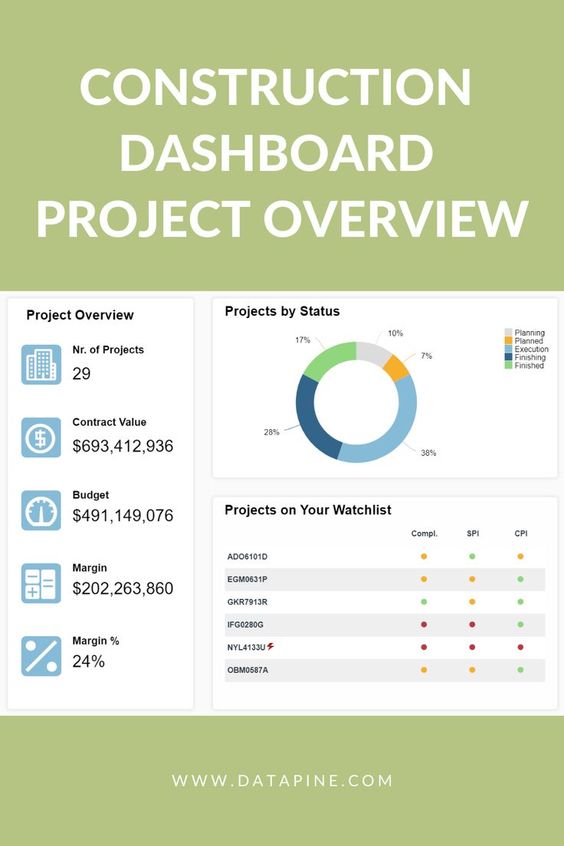Effective construction project management is essential for ensuring that a project is delivered on time, within budget, and to the expected quality standards. Successful project management requires efficient planning, close monitoring of progress, effective communication, and coordination among stakeholders. This article outlines an eight-step process that can be used to manage any construction project, regardless of its size or complexity.
Define Project Scope and Objective
The first step in any construction project management process is to define the project’s scope and objective. This involves establishing what the project will deliver, key decision-makers, the project timeframe, and the budget. It is essential to engage stakeholders early in the process to ensure that everyone is aligned with the expectations of the project. The project manager should document these expectations in a project charter, which serves as an agreement between the project team, sponsors and stakeholders.
Determine the Project Team
After defining the project’s scope and objectives, the next step is to determine the project team. The project manager needs to identify the required expertise and skills required for this project. It could be an internal team, or the project manager may need to outsource specific tasks to specialists. All team members should be clear on their responsibility and accountability to ensure the project goals are met.
Develop a Work Breakdown Structure (WBS)
The work breakdown structure refers to the process of subdividing work packages necessary for the project’s execution. Developing a WBS is crucial as it aids in resource allocation, budgeting, and scheduling activities. It enables the project manager to estimate the budget and timeline required for each task and determine dependencies amongst them. The project manager should involve the team members in developing the WBS to ensure that all activities are captured in detail.
Develop a Project Management Plan (PMP)
The project management plan is a document that outlines how the project will be executed, monitored, controlled, and closed. It is an essential reference document for monitoring project progress and ensuring that everything is on track to meet the project’s objectives. A good project management plan must have clear and measurable targets, well-defined roles and responsibilities, and set realistic timelines.
Implement the Plan
Once the project management plan is approved by stakeholders, implementation can begin. The project manager should ensure that all project team members receive a copy of the plan and that they understand their roles and responsibilities. The project manager must keep the project team accountable and perform necessary corrective actions to keep the project on track.
Monitor and Control the Project Progress
The project manager must keep a close eye on project progress and control the project’s scope, budget, and timeline. They should establish a system for monitoring project progress and identify potential issues at an early stage so that corrective action can be taken promptly. A good project manager should regularly communicate with stakeholders and make them aware of project issues and suggest steps taken to address them.
Risk Management
Risk management is a process that identifies, analyzes and mitigates risks that could impact project success. Risk management should be an ongoing process throughout the project life cycle. The project manager must identify potential risks, assess their impacts, and implement mitigation strategies to reduce their likelihood and consequence.
Project Closure
Project closure marks the final stage of the project management process. The project manager must ensure that all project deliverables have been met and accepted by stakeholders. The project team should conduct a lessons-learned to identify areas of improvement and success.
In conclusion, construction project management requires effective planning, communication, and coordination among stakeholders. Effective project management is essential to ensure that a project is delivered on time, within budget, and according to the expected quality standards. By following the steps outlined above, project managers can plan, organize, and execute a successful construction project.
You might find these FREE courses useful
- Modalidades organizacionales ágiles en base a la MetodologÃa Scrum
- Scrum Master Certification Exam Preparation
- Scrum Master Certification: Scrum Methodologies
- Scrum Master Certification Specialization
